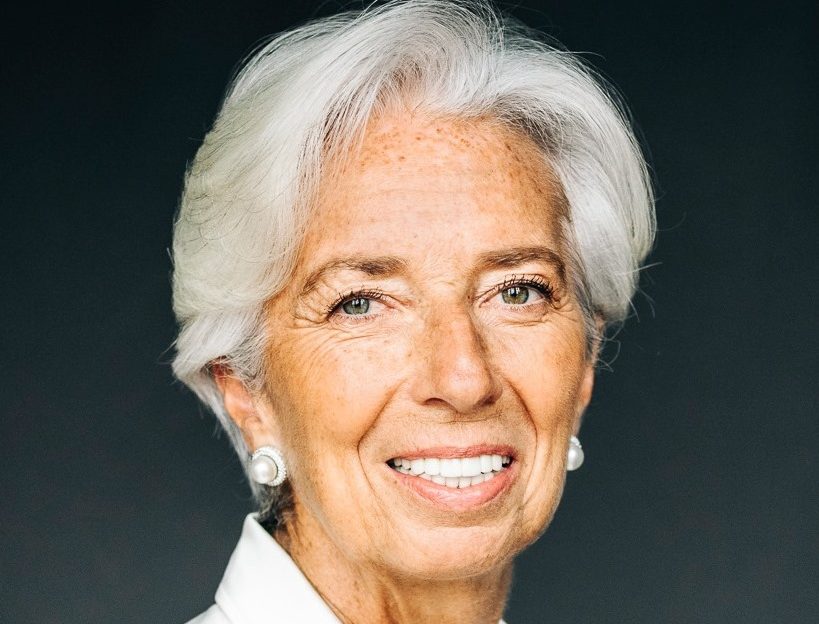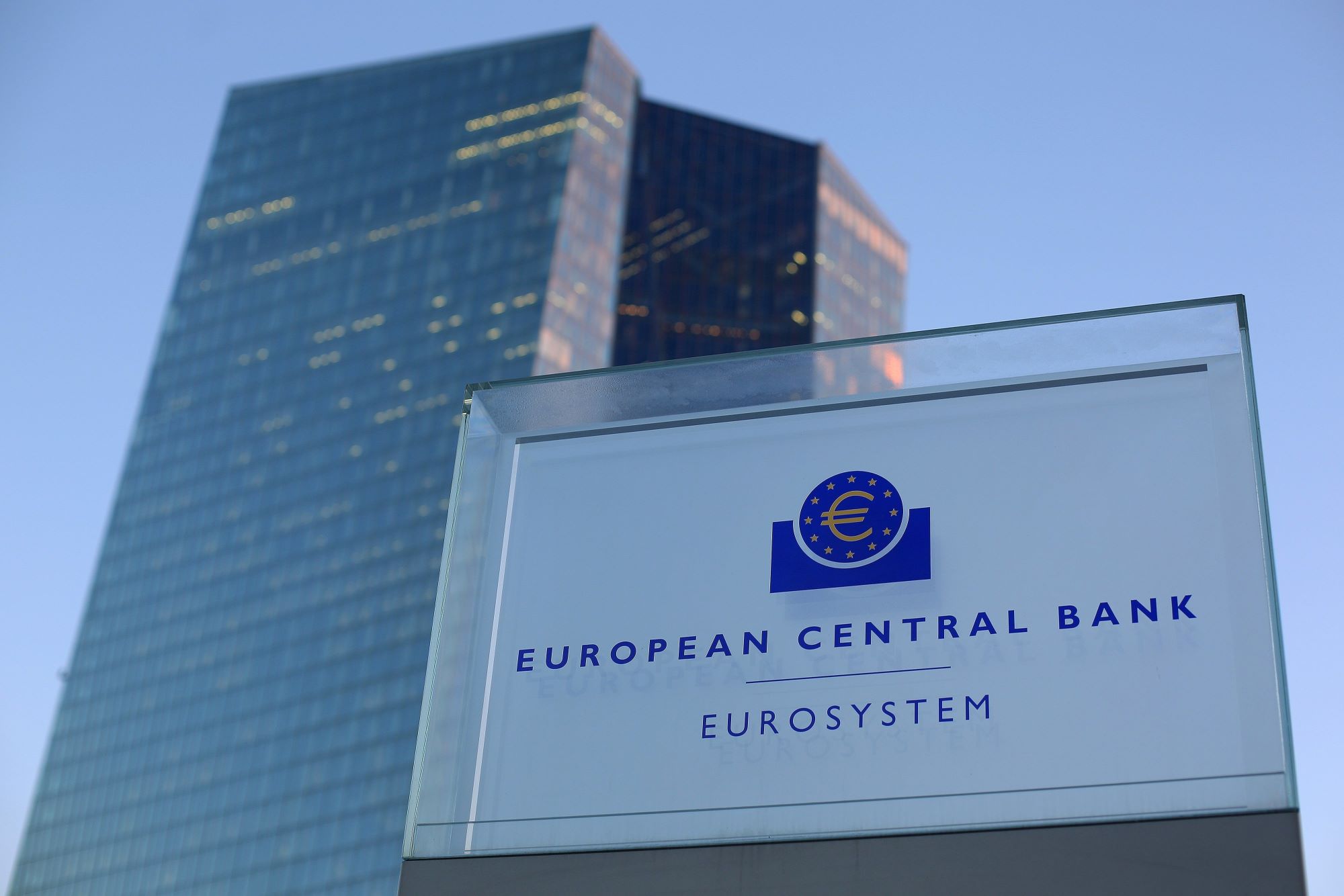The European Central Bank’s (ECB) decision to raise its key interest rate by a record margin last week was taken on the basis of forecasts indicating growing demand-side inflationary pressure, according to Central Bank of Malta governor Edward Scicluna.

In comments made to BusinessNow.mt, Prof. Scicluna acknowledges that central bank instruments are “not suitable” to control the prices of energy and other essential resources, which are largely increasing on the back of supply-side pressures caused by a global supply chain that has yet to recover from pandemic-induced disruption and geopolitical causes.
However, he continues by explaining that the ECB’s inflation forecasts effectively forced the governing body’s hand, with indications that high inflation could persist over the medium term, driven, in part, by demand pressure in some sectors caused by the reopening of the economy.
The ECB’s projections have been revised upwards significantly, with inflation now expected to average 8.1 per cent in 2022, 5.5 per cent in 2023 and 2.3 per cent in 2024
“We had to be firm this time around,” said the former Finance Minister, stating that the previous two decisions taken by the ECB, to ease quantitative easing and raise interest rates by 0.5 per, were aimed at supporting firms as they struggled to survive.
“We are starting with a 0.75 per cent increase over the 0.5 per cent increase ,” he said, while warning that “more interest increases are to be expected.“
The ECB’s benchmark rate, now set at 1.25 per cent, remains lower than those of the USA’s Federal Reserve and the UK’s Bank of England, which stand at between 2.25 and 2.5 per cent and 1.75 per cent respectively. The Bank of England’s governing body is due to meet this week, where it is expected to raise its rate by another 0.5 per cent.

Christine Lagarde, the president of the ECB, said when making the announcement: “We have a goal, we have a mission. We have incredibly high inflation numbers, we are not on target in our forecast and we have to take action.”
Ms Lagarde pointed to “soaring energy and food prices and supply bottlenecks”, but, like Prof. Scicluna, also singled out demand pressures.
Central bank interest hikes are understood to be less effective in the face of supply-side inflation, since people must buy food and energy regardless of monetary policy.
When demand pressures enter the picture, however, tightening the supply of credit can be an effective way of taming inflation.
ĠEMMA launches new podcast series to make financial literacy accessible for all
New episodes will be released every two weeks and will be available across multiple platforms
Malta introduces new 15% tax regime for highly skilled professionals
Qualifying individuals are taxed at a flat 15% rate for an initial five-year period
Malta’s inflation edges up to 2.7% in October as food and services lead price pressures
The October RPI reading indicates some re-acceleration in consumer-facing sectors after a period of summer stabilisation






